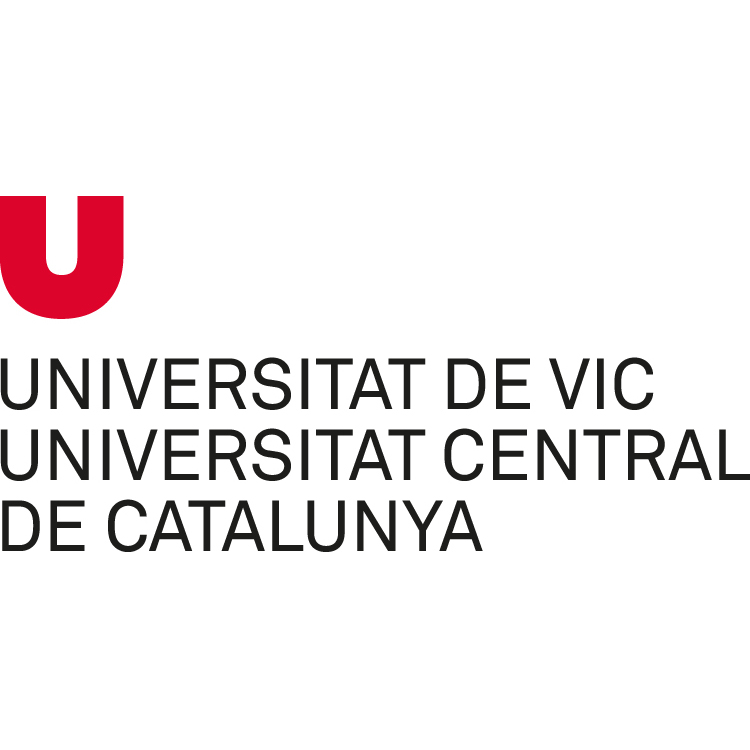The UVic-UCC has promoted academic quality and a student-centred training approach. The University nurtures a strong commitment to Catalonia and Spain as well as to its regional (Central Catalonia) development, by promoting technological innovation, sustainability and strong cooperation with the world of entrepreneurship. UVic-UCC has been actively developing its research and knowledge transfer activities since it was founded in 1997. Research is organised through 23 research groups in the fields of Experimental Science, Medicine, Humanities and Social Sciences.
The ongoing growth in research activity at UVic-UCC has enhanced their competitive position and led to numerous cooperation agreements with enterprises and institutions that contribute to knowledge transfer, regional development and national and international prestige.
The Technology Centre for Biodiversity, Ecology and Environmental Technology (BETA Tech. Center) at the UVic-UCC aims to improve competitiveness and technological development in companies through R&D projects at a local, state or European level developing and transferring innovative and competitive technology with sustainable criteria to the food and environment sectors. BETA Tech. Center is part of TECNIO, a network promoted and supported by the Catalan Government (Department of Industry) for promoting differential technology, business innovation and excellence in Catalonia. A group of over 25 researchers (postdoctoral researchers, doctoral students and laboratory technicians) makes up the BETA Tech. Center multidisciplinary team that is structured in 4 different strategic areas: Technology and Environmental Management, Aquatic and Land Ecology, Food Industry and Technology and Renewable Energies. The multidisciplinary composition of the group enables BETA to develop R&D projects to solve wide-ranging problems in the field of knowledge, control and management of the environment. Furthermore, since 1999, the Research Group in Biodiversity, Ecology and Environmental Technologies (BETA), which is completely integrated in the BETA Tech. Center, has been working in the research field of environmental engineering, being the main research line of the group with more than 60 contracts signed with private companies and providing the centre with a fully equipped laboratory. In addition, some members of BETA have promoted two spin-off (AERIS and AXIA Environmental Technologies S.L.) working in the field of environmental technologies.




